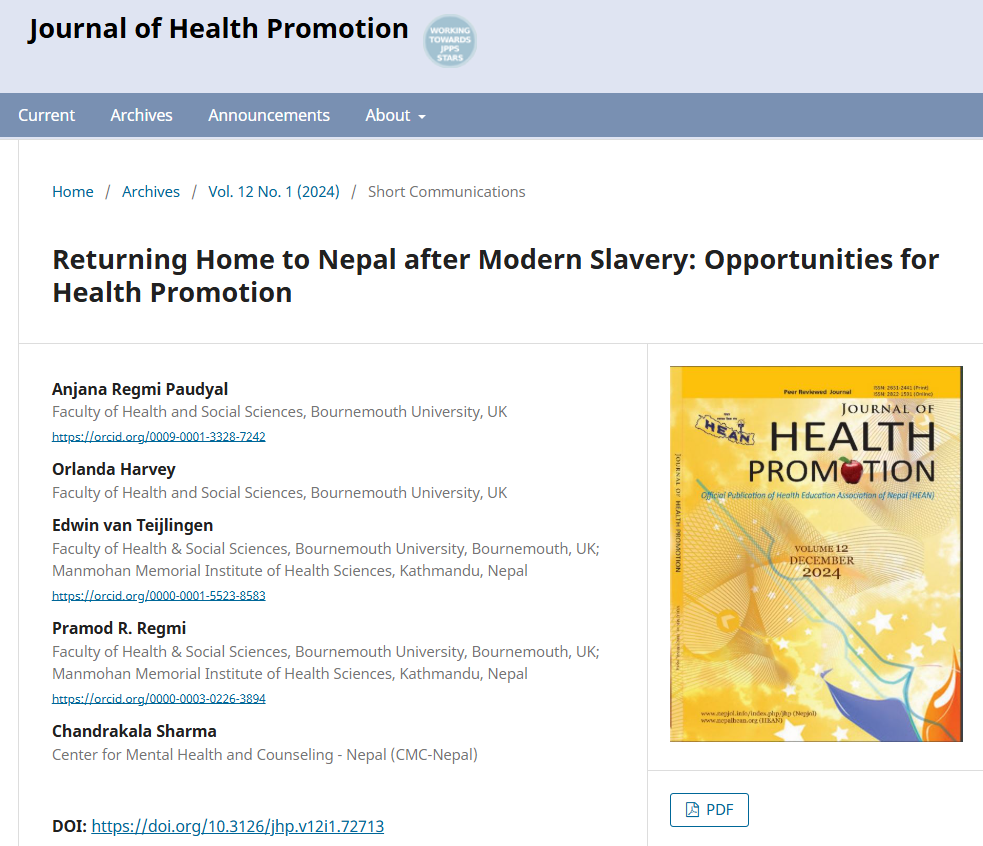 Congratulations to Anjana Paudyal, PhD student in the Faculty of Health & Social Sciences (FHSS), on the first publication from her PhD work. Anjana’s PhD research focuses on human trafficking in Nepal. Human trafficking is a form of modern slavery and it is a common crime aggravated by poverty, political instability, illiteracy, unemployment, as well as climate change. Despite being a global problem, modern slavery is understudied and poorly understood. Victims of modern slavery are exploited and can experience significant physical, psychological, or sexual, and reproductive health problems. Until recently, there has been little research, especially in low-income countries such as Nepal, around the need and opportunities for health promotion and education in this vulnerable group.
Congratulations to Anjana Paudyal, PhD student in the Faculty of Health & Social Sciences (FHSS), on the first publication from her PhD work. Anjana’s PhD research focuses on human trafficking in Nepal. Human trafficking is a form of modern slavery and it is a common crime aggravated by poverty, political instability, illiteracy, unemployment, as well as climate change. Despite being a global problem, modern slavery is understudied and poorly understood. Victims of modern slavery are exploited and can experience significant physical, psychological, or sexual, and reproductive health problems. Until recently, there has been little research, especially in low-income countries such as Nepal, around the need and opportunities for health promotion and education in this vulnerable group.
Her PhD fits in with Bournemouth University’s collaboration with the Unites States-based La Isla Network, the Johns Hopkins University Bloomberg School of Public Health and the Nepal Development Society. Led by La Isla Network, we are leading the first-ever international effort to research and address trafficking among Nepalese labour migrants. The work is funded by a $4 million cooperative agreement awarded by the U.S. Department of State’s Office to Monitor and Combat Trafficking in Persons, International Programs.
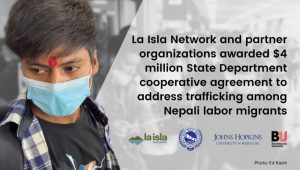
Reference:
- Paudyal, A. R., Harvey, O., Teijlingen, E. van, Regmi, P. R., Sharma, C. (2024). Returning Home to Nepal after Modern Slavery: Opportunities for Health Promotion. Journal of Health Promotion, 12(1), 125–132. https://doi.org/10.3126/jhp.v12i1.72713
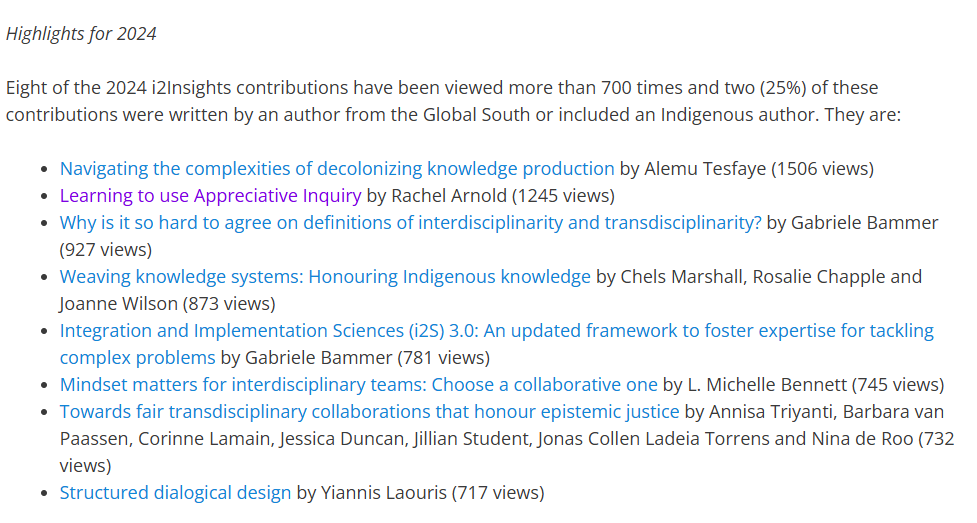

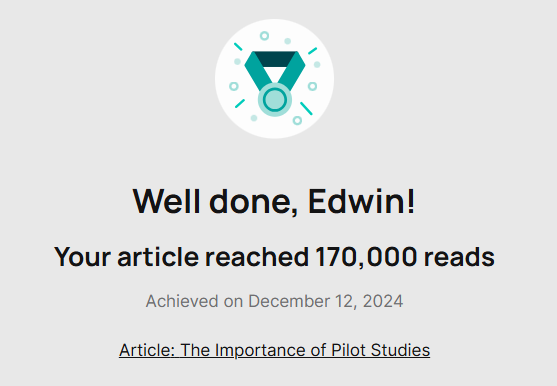
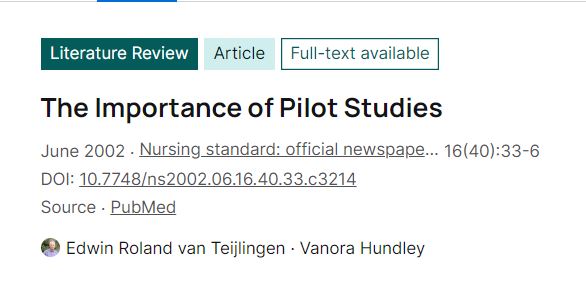
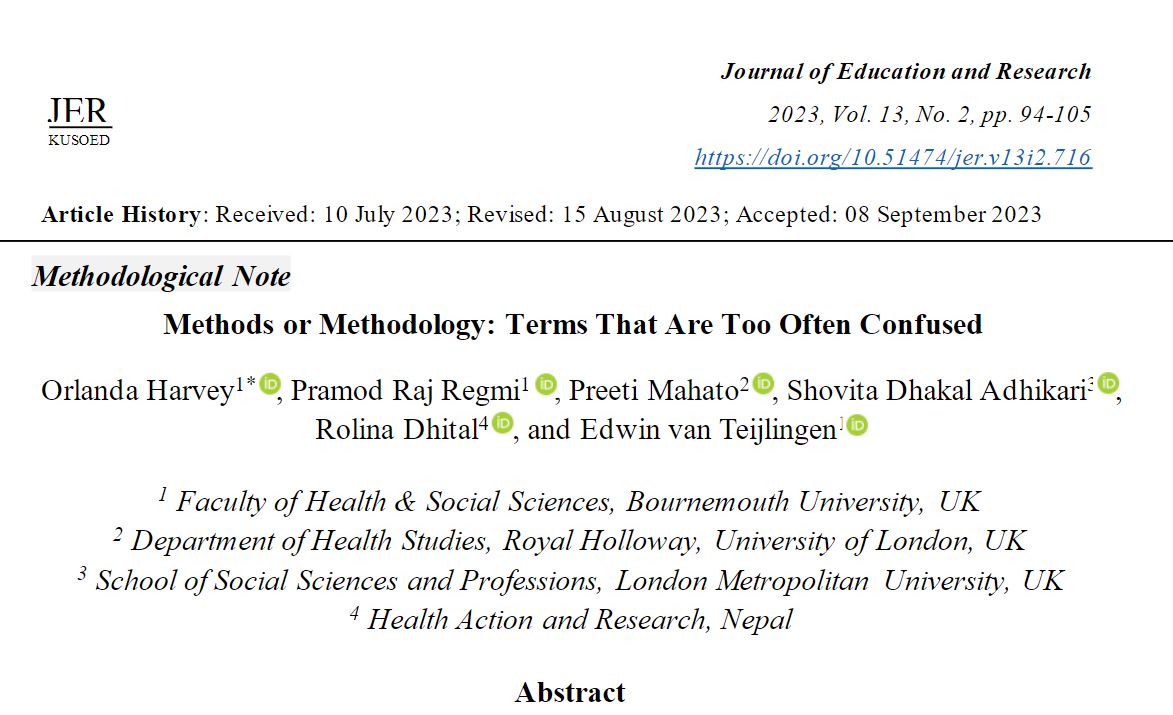
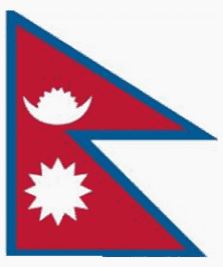
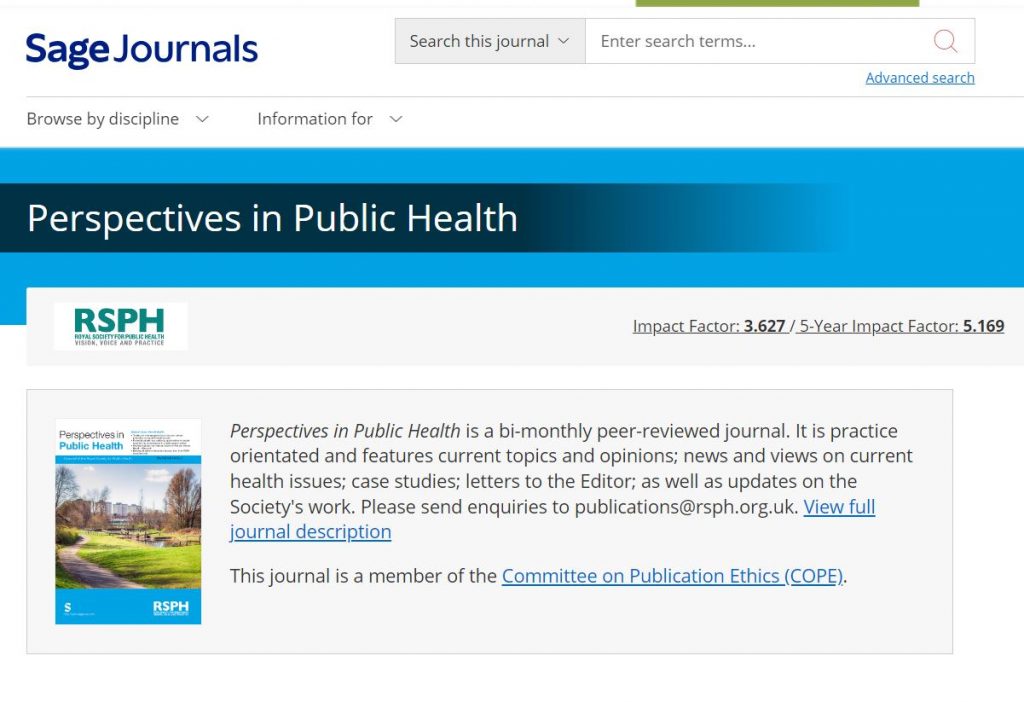
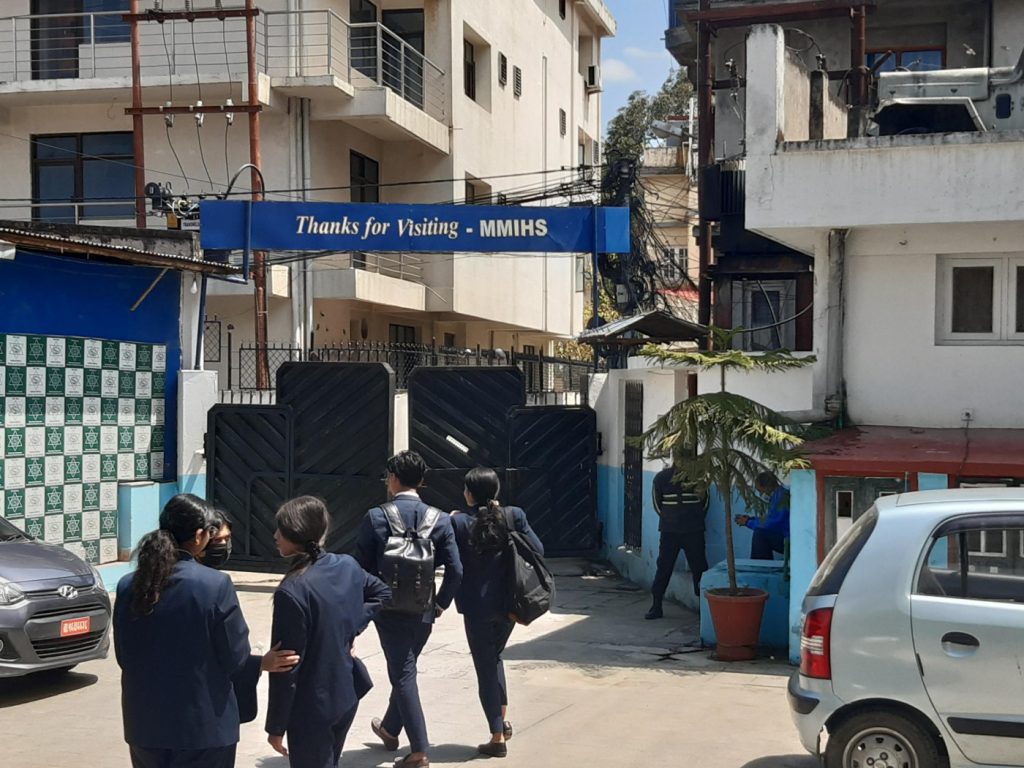
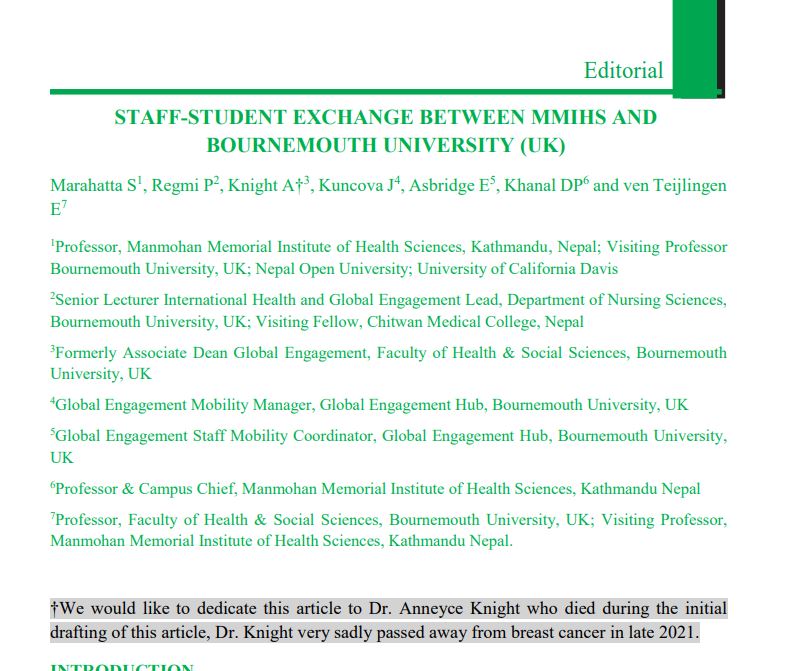
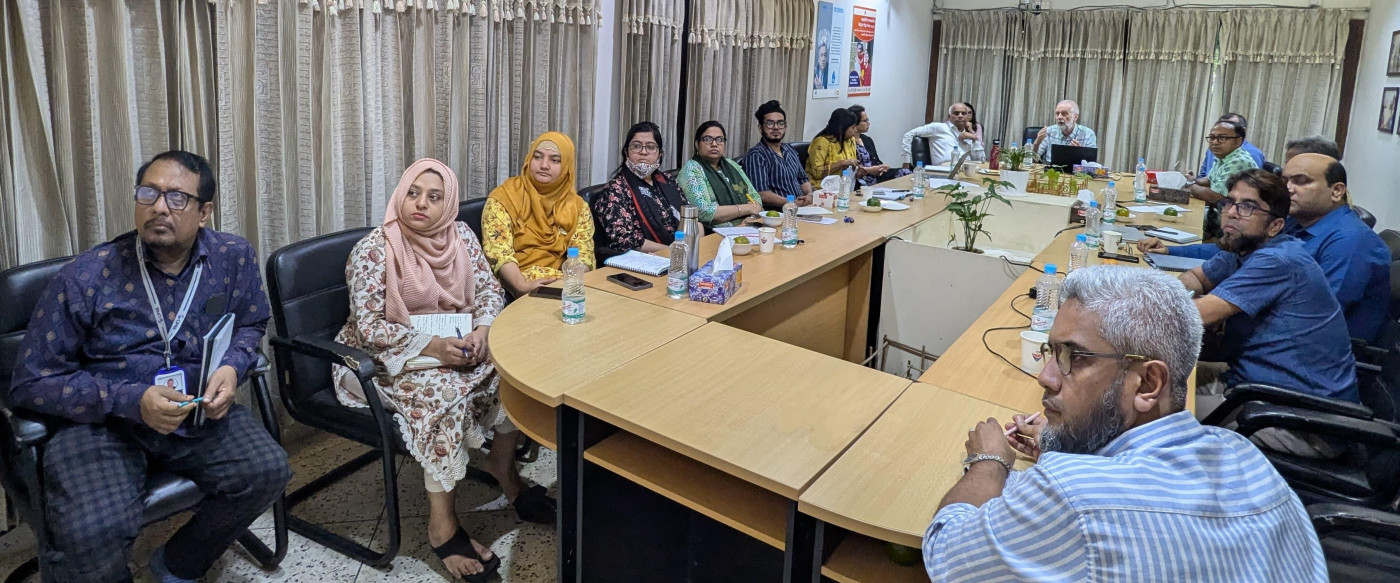
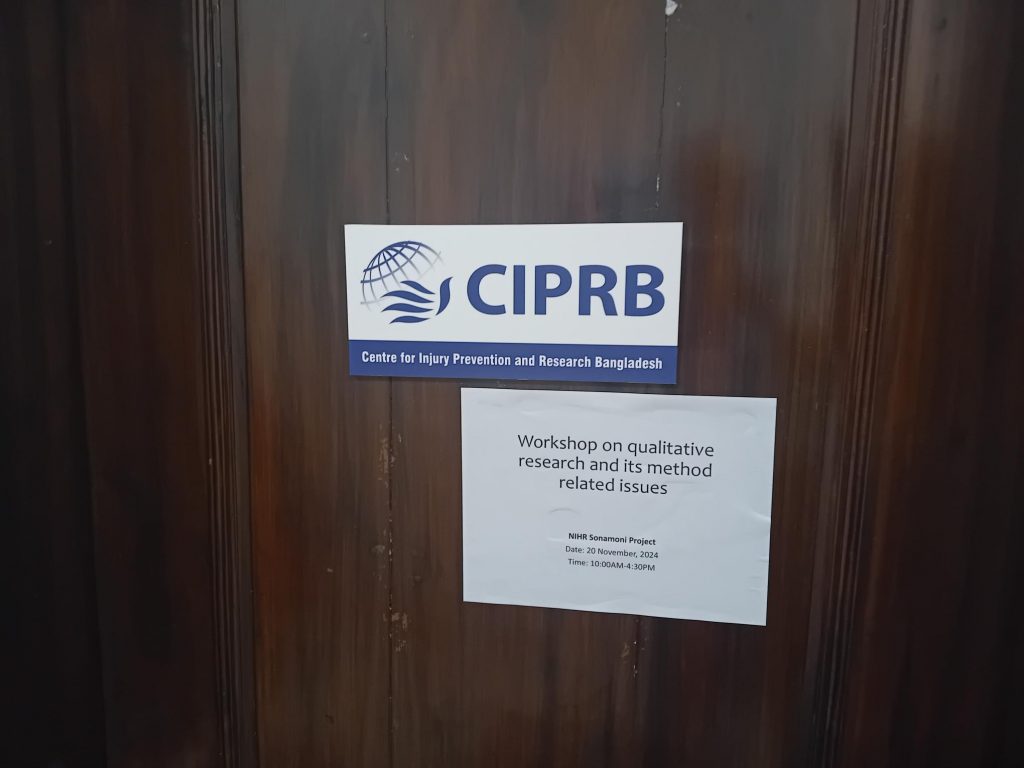

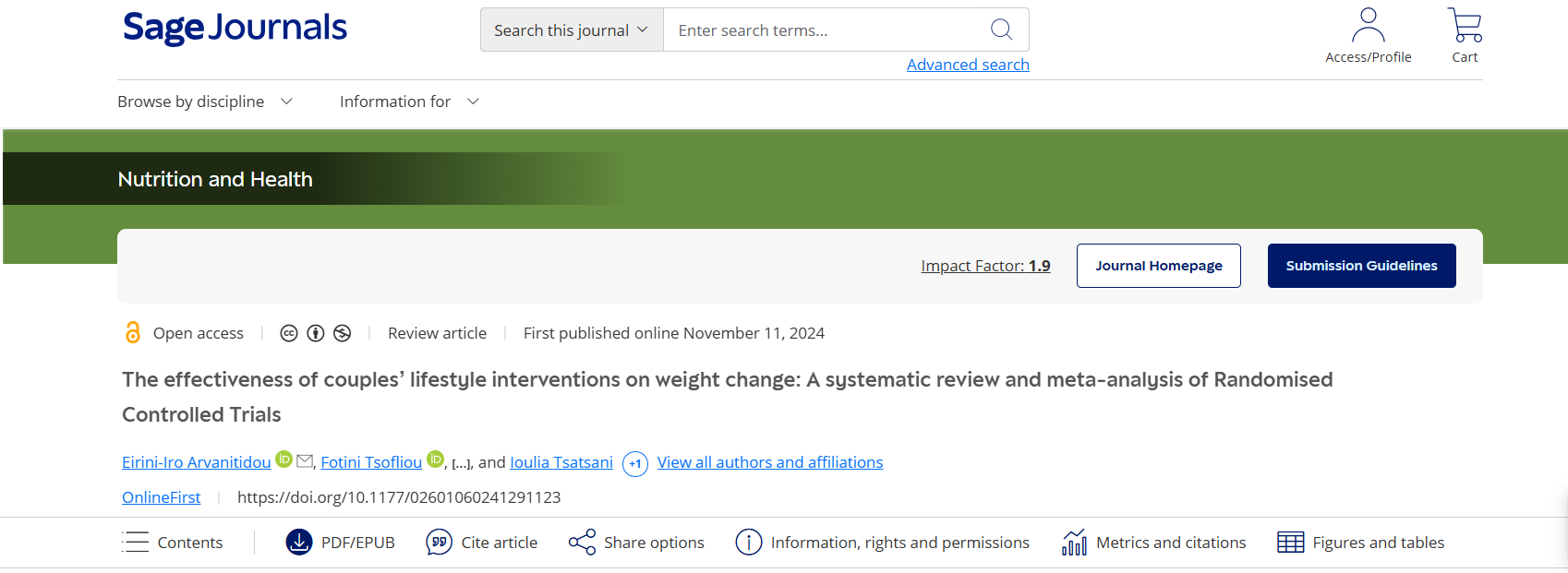
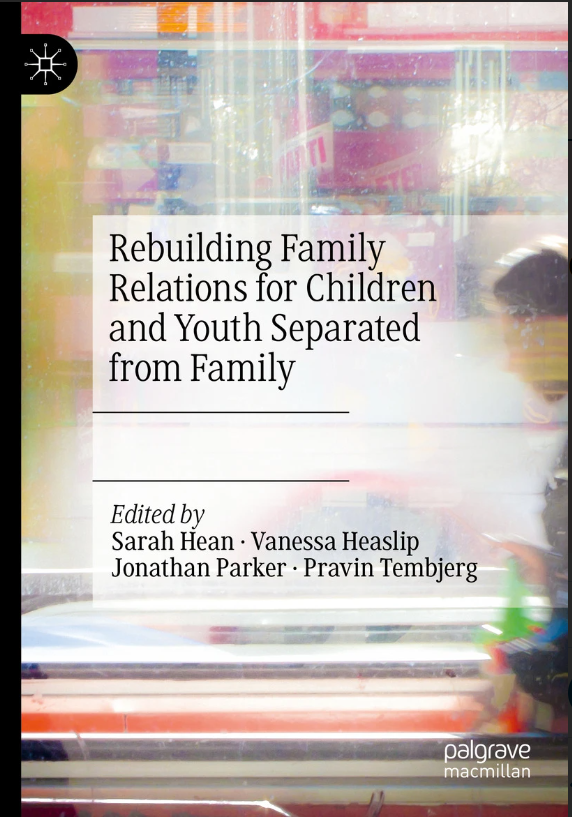
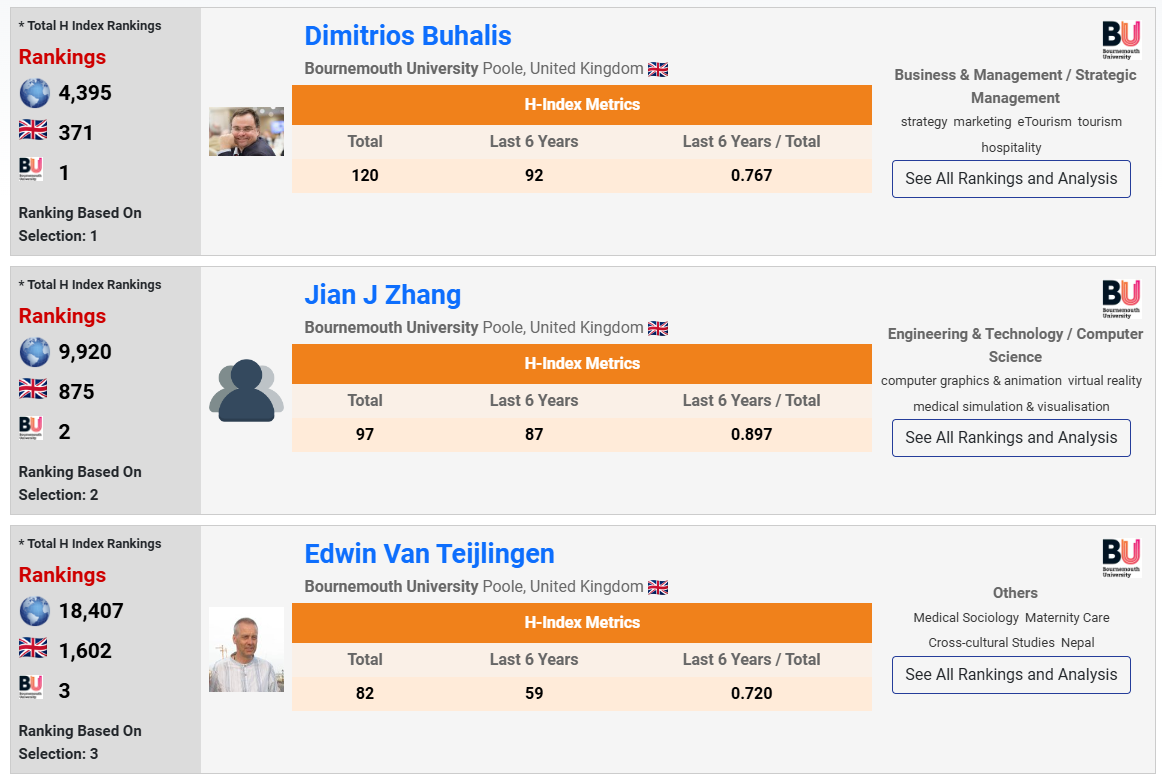
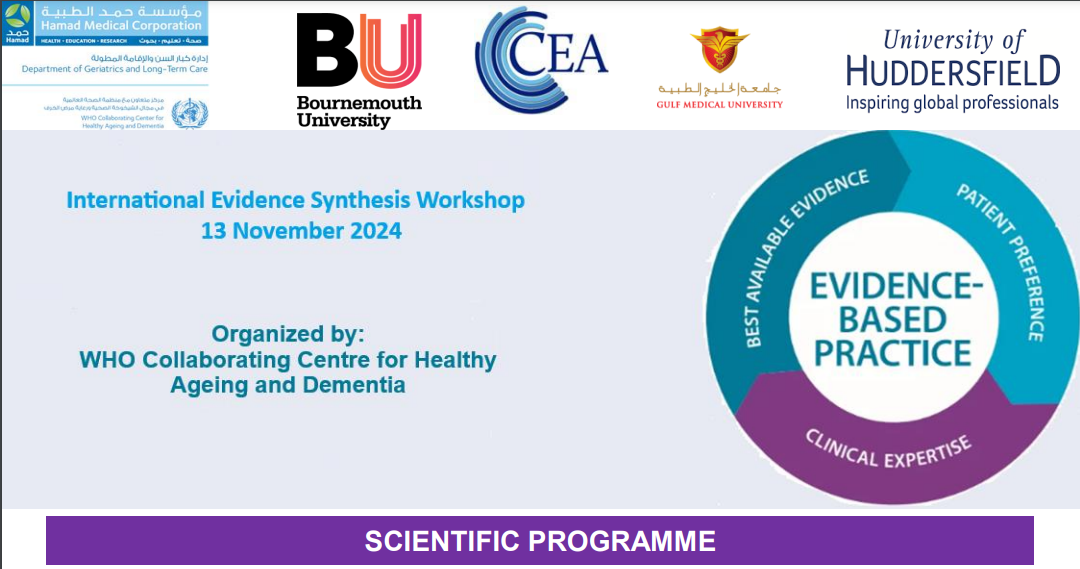
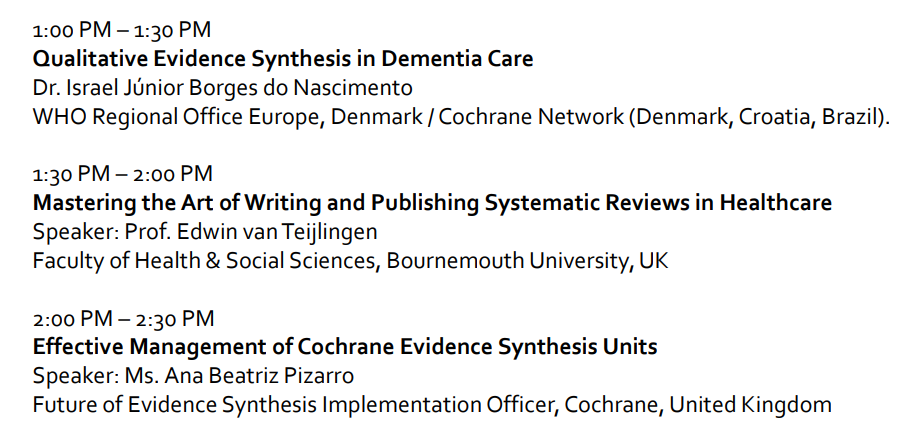
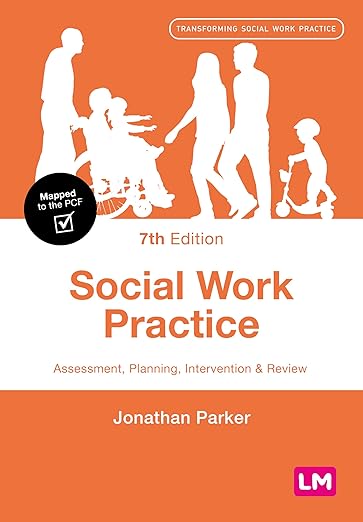
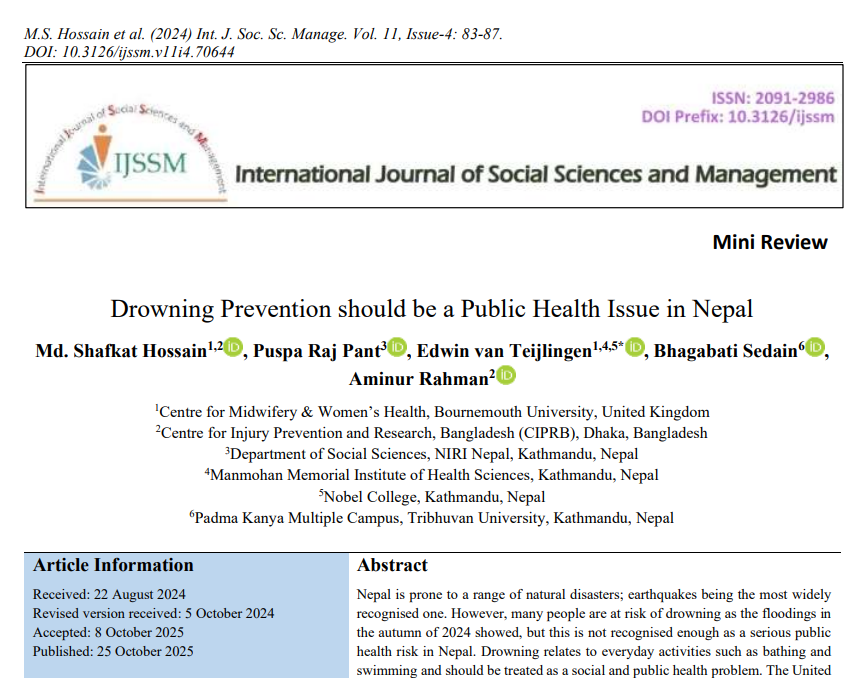
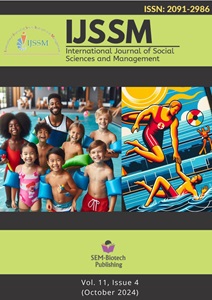




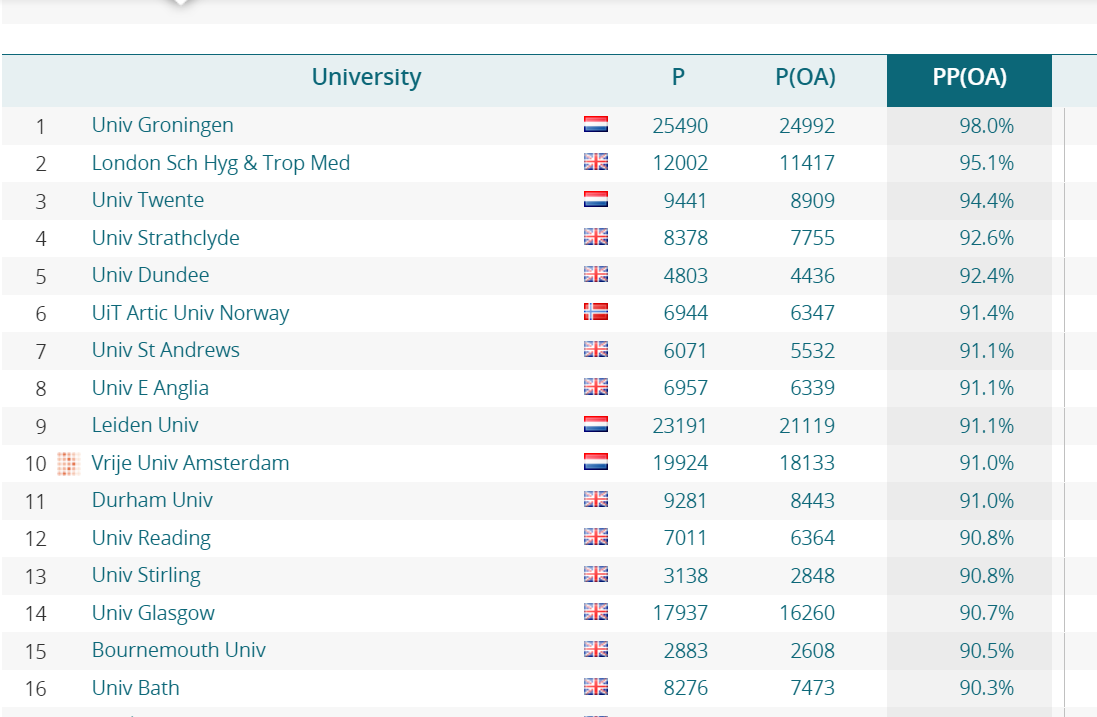
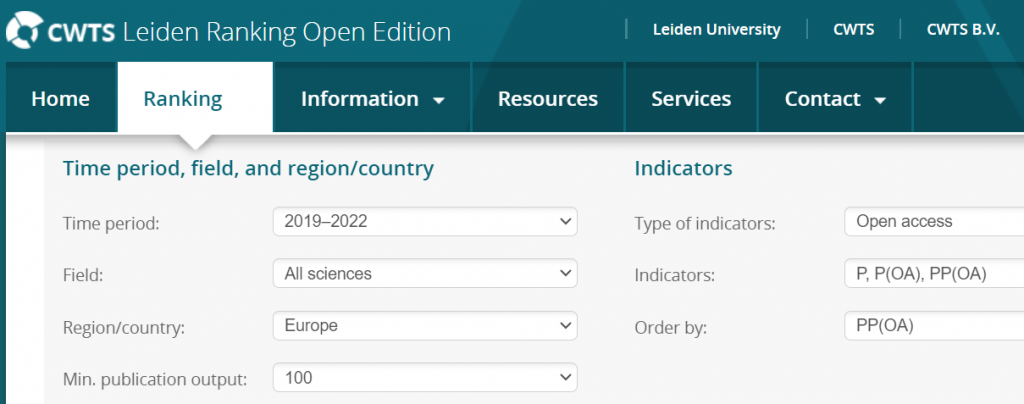

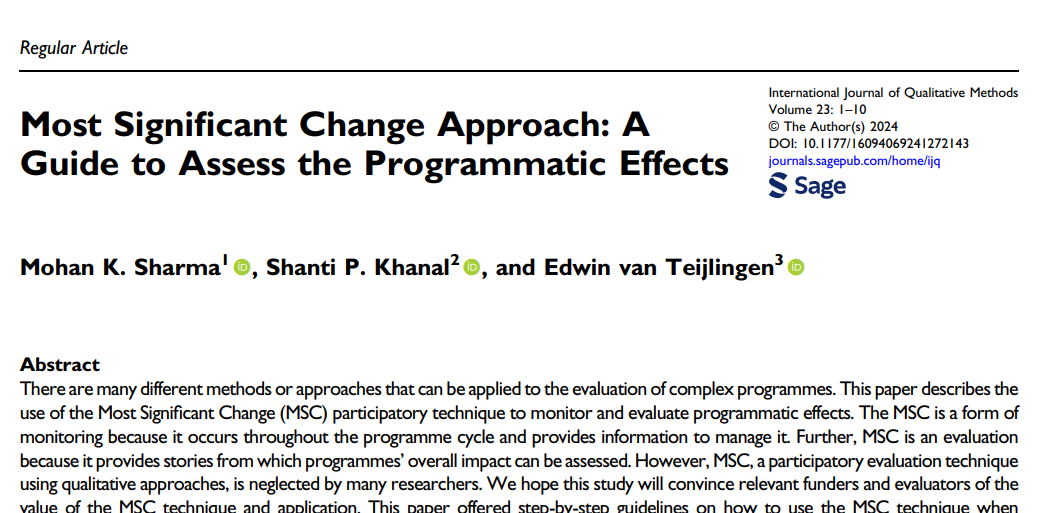
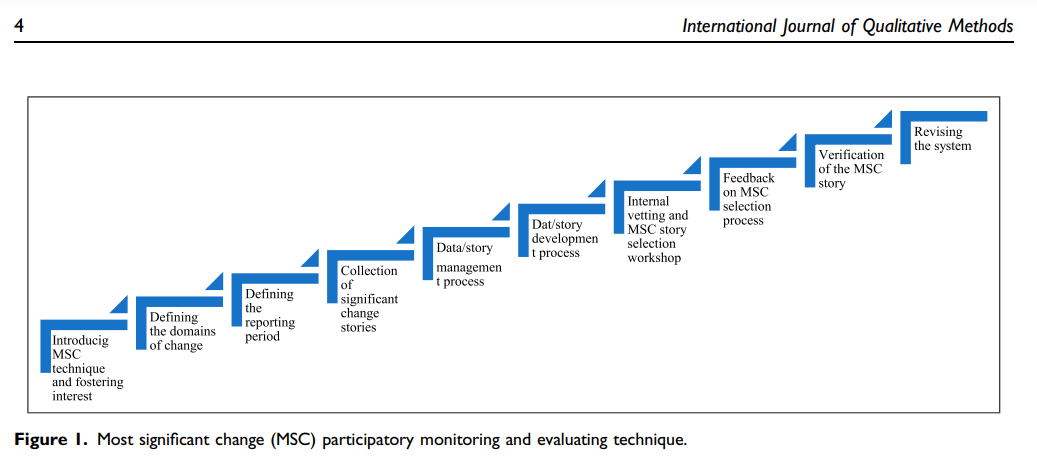
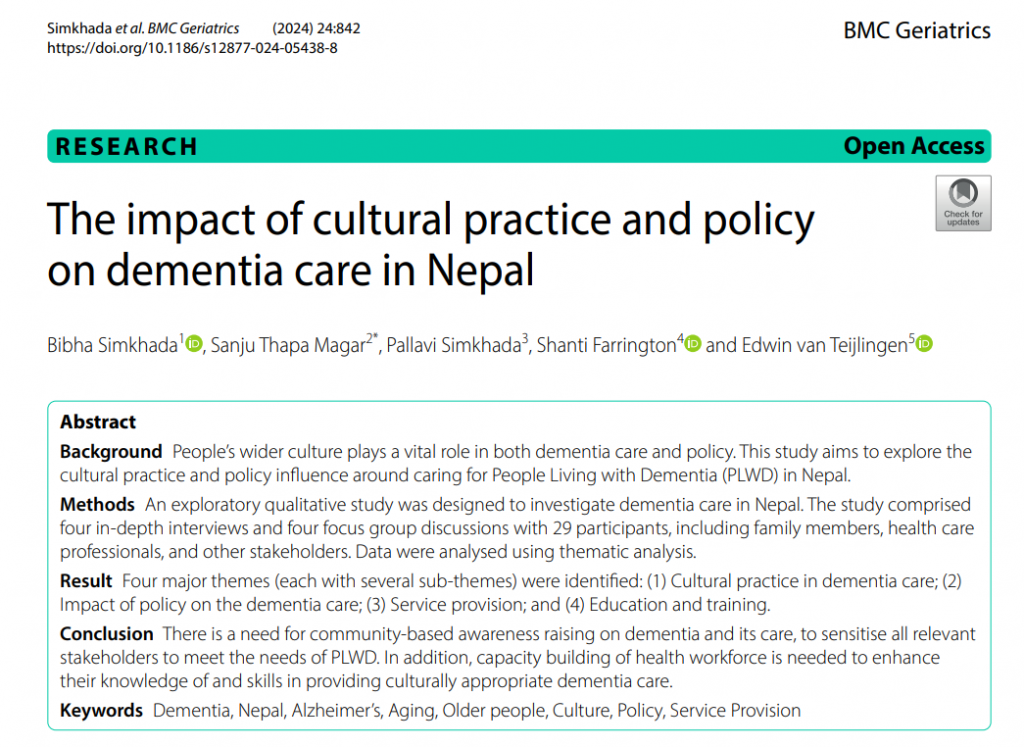

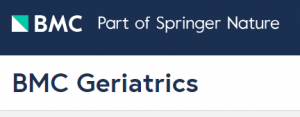











 REF Code of Practice consultation is open!
REF Code of Practice consultation is open! BU Leads AI-Driven Work Package in EU Horizon SUSHEAS Project
BU Leads AI-Driven Work Package in EU Horizon SUSHEAS Project Evidence Synthesis Centre open at Kathmandu University
Evidence Synthesis Centre open at Kathmandu University Expand Your Impact: Collaboration and Networking Workshops for Researchers
Expand Your Impact: Collaboration and Networking Workshops for Researchers ECR Funding Open Call: Research Culture & Community Grant – Apply now
ECR Funding Open Call: Research Culture & Community Grant – Apply now ECR Funding Open Call: Research Culture & Community Grant – Application Deadline Friday 12 December
ECR Funding Open Call: Research Culture & Community Grant – Application Deadline Friday 12 December MSCA Postdoctoral Fellowships 2025 Call
MSCA Postdoctoral Fellowships 2025 Call ERC Advanced Grant 2025 Webinar
ERC Advanced Grant 2025 Webinar Update on UKRO services
Update on UKRO services European research project exploring use of ‘virtual twins’ to better manage metabolic associated fatty liver disease
European research project exploring use of ‘virtual twins’ to better manage metabolic associated fatty liver disease